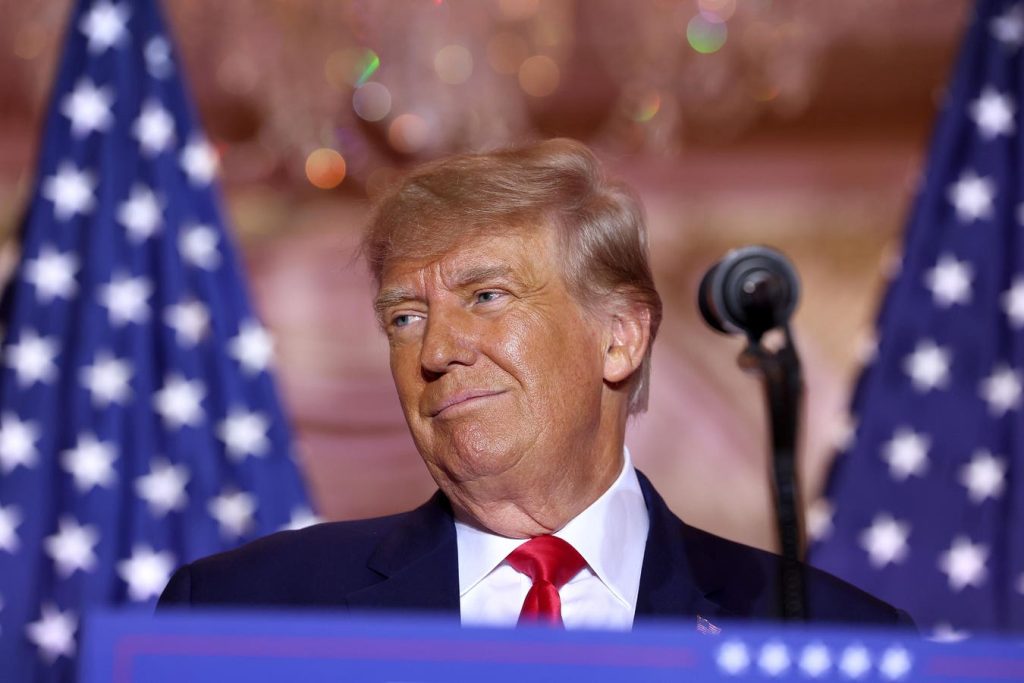As Donald Trump prepares to return to the White House, the artificial intelligence industry in Silicon Valley is anticipating a more favorable environment for building and selling AI startup companies. Industry leaders are looking forward to fewer regulatory restrictions, more relaxed export controls on chips, and a potential increase in acquisitions of AI startups by tech giants.
One of the key changes expected under the Trump administration is the reversal of President Biden’s executive order on AI, which focused on safety and national security. Critics of the order felt it was stifling and burdensome, and some AI founders and investors believe that Trump’s approach to regulating AI will be more innovation-friendly and advantageous for America’s technological advancement.
Trump’s transition team includes tech policy experts such as Gail Slater and Michael Kratsios, who have experience in AI governance and industry collaboration. Trump has also consulted with AI industry stakeholders like Elon Musk and Palantir adviser Jacob Helberg on AI-related issues. Musk, known for advocating for AI regulation, has expressed concerns about the risks posed by AI to societies.
Trump’s policies are expected to prioritize addressing AI risks to national security and promoting U.S. manufacturing and innovation. The potential reduction in antitrust scrutiny could lead to more acquisitions of AI startups by tech giants like Google, Amazon, Microsoft, and Meta. Industry experts believe that a less restrictive regulatory environment could benefit the tech ecosystem and fuel further innovation in the AI industry.
International collaboration and alignment with regulatory frameworks in other countries, such as the United Kingdom and the European Union, will be important considerations for the U.S. under Trump’s AI policies. The U.S. will need to balance safety and compliance requirements for industries like healthcare, while also ensuring industry-friendly regulations that support innovation and growth.
Overall, the AI industry is cautiously optimistic about the potential changes under the Trump administration but acknowledges the complexity of balancing innovation with safety and compliance. As policies are developed and implemented, industry stakeholders will be closely monitoring the impact on AI development, investment, and international collaboration.













